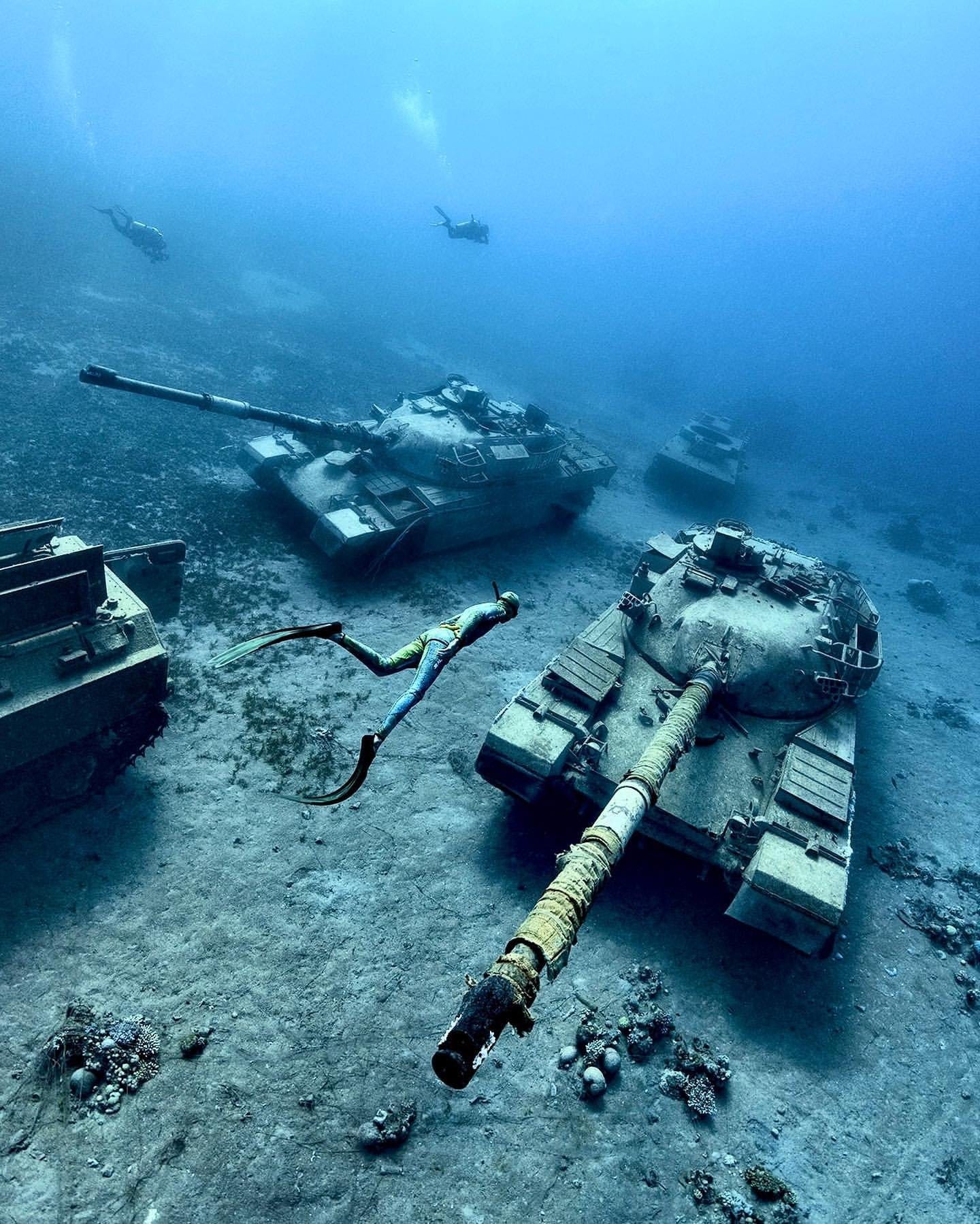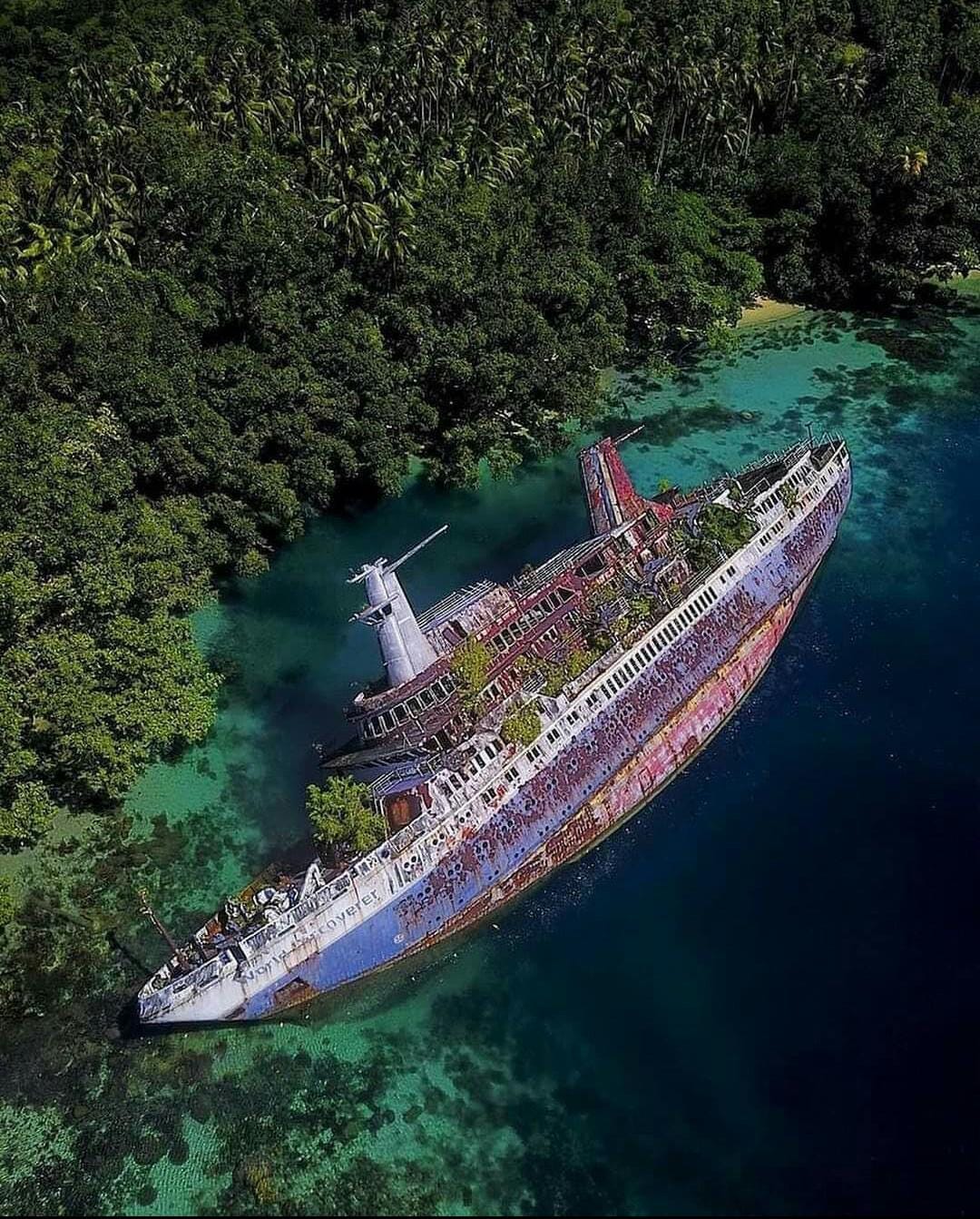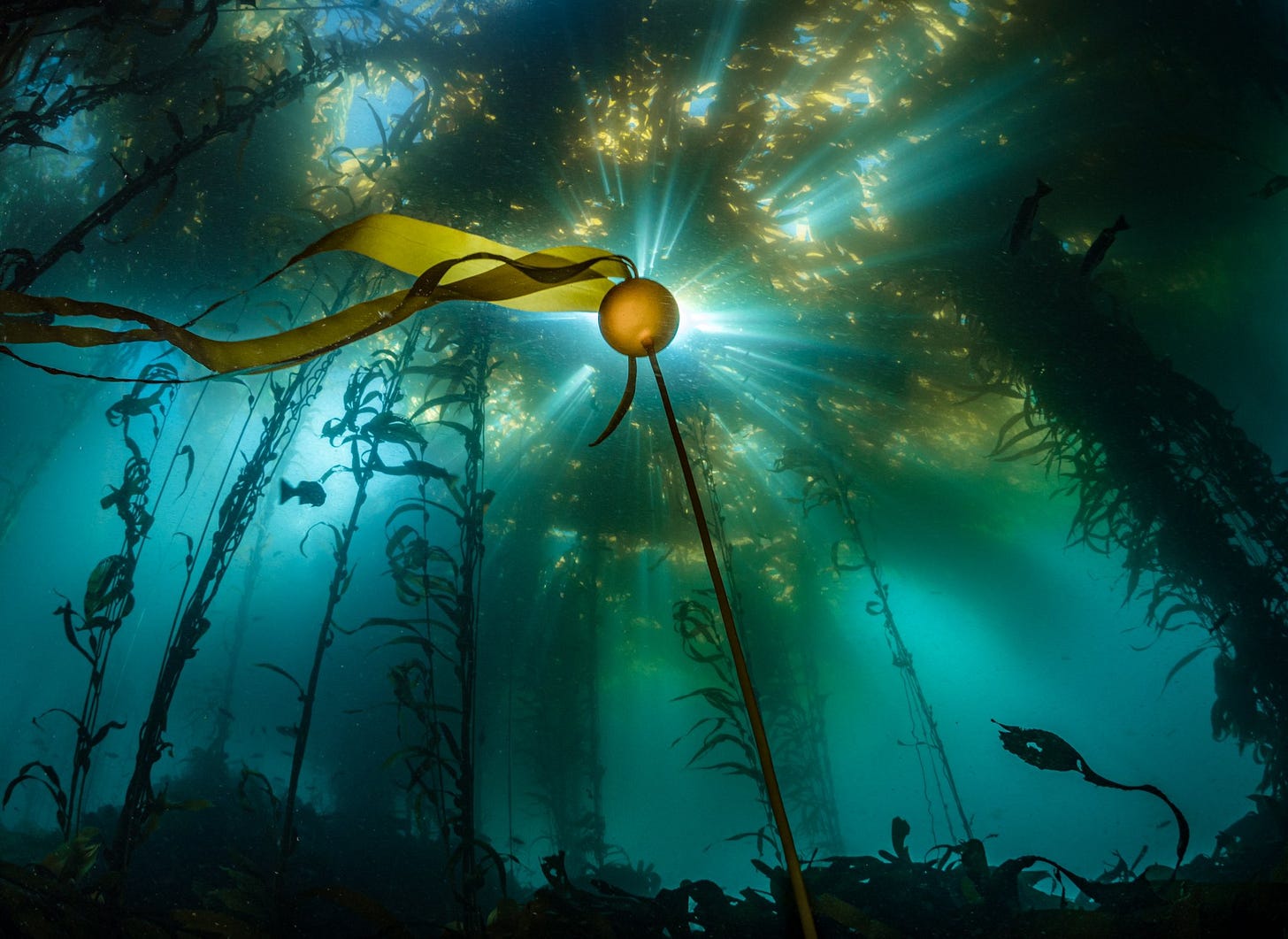The Peloponnesian Paradigm, and why Central Asia matters
The Spartan-Athenian rivalry is a useful memetic framework for the discussion of biopolitics, as we have seen in the past few weeks. The archetypal attitudes towards women and feminity found in both Greek cities are a fantastic tool for exploring deeper questions in regards to contemporary politics. The polarization generated by issues related to sex and race, biological traits as they, demonstrates that the 21st century will be a biopolitical one. This Peloponnesian Paradigm, as we will call it here, can be however applied as a recurrent theme in geopolitics.
Harvard political scientist Graham Allison used it most recently to describe America’s relation to China’s rise, coining the term Thucydides Trap. A reference to Greek historian Thucydides, it describes a tendency to conflict between a standing hegemon and an emerging power. Supposedly, this dynamic of rising and declining powers explains the Peloponnesian War (431-404 BC), which pitted a well-established Sparta against Athenian burgeoning influence in the Eastern Mediterranean. As an agrarian society, Sparta had an outstanding army; Athens relied instead on building a very advanced navy, which protected its thriving diplomatic and trade relations. People like dichotomies, and the difference between tellurocracies such as Sparta (landed, agrarian, militaristic) and thalassocracies such as Athens (naval, commercial, diplomatic) soon became codified in culture.
The Peloponnesian Paradigm offers enormous memetic potential to understand the world we live in. It is a fine way of reintroducing the Classics into the much degraded current political discourse, too. The comparison, though, is somewhat overused, as it can be applied to almost any situation. For example, if one leaves out the ideological details, Anglo-American intervention in World War Two can be understood as an attempt to tackle competition from both Germany and the USSR: the well known balance-of-power strategy described by Kissinger. As we like to remember here in The Outpost, NATO was designed to keep the Soviets out, the Americans in, and the Germans down. From the Reformation onwards, this policy had been a constant to British approaches to the continent; an outlook inherited by its spiritual successor, the American Empire of the Waves.
By the second half of 1940, Britain was clearly on the defensive. Miraculously successful as it may have been, the evacuation of Dunkirk was still a military disaster for the Allies. The economic blockade imposed on Germany by the Royal Navy was failing, and supply lines across the Atlantic were threatened by the U-boats of the Kriegsmarine. In dire need of ships, Churchill made a deal with the US through which destroyers could be acquired in exchange for British possessions in the Atlantic. Bases in places such as Newfoundland, Jamaica, Antigua, Trinidad and the Bahamas were passed on to America in one single sweep, while ships leftover from the Great War were given to the Royal Navy. In other words: Winston “best PM ever” Churchill was the man to deliver the final blow to the British Empire, a fact frequently overlooked when judging his historical role. Fortunately for his legacy, History is written by the victors. In any case, the destroyers-for-bases deal signaled a new era in the Anglo-American “special relationship” and ensured the Americans’ future naval supremacy, turning the US into the military and economic powerhouse we all know and love. This was precisely the road map traced by Alfred Thayer Mahan, so it should not be considered in any way a lucky coincidence.
America had been, up to 1945, a fairly provincial country; a nation of “farmers and shopkeepers”, built around the myths of the minutemen, the pioneer, the homesteader and the railroad. Not very different from the Germans, after all: a country for built by and for a free middle class. Perhaps not coincidentally, German is still the most commonly claimed ethnic ancestry in the US, according to Wikipedia: over 50 million people. For all their imperialistic (and land-based) adventures in 20th century Europe, Germans never built a lasting overseas Empire; their colonial possessions in Africa were held only from the 1880s to 1920. Is the geopolitical role of a civilization determined by “national character”, or is said national character what leads it inexorably to a certain role? Did the Germans lack the qualities to succeed in their imperial endeavor? And were Americans always fated to become the British’ successors?
These questions need to be answered before applying the Peloponnesian Paradigm to any modern day system; especially if one intends to predict the future. Historically, the Chinese were not particularly known as a seafaring civilization. Their greatest mariner, Zheng He, was almost forgotten in his homeland until the 1900s; this, despite the fact he almost single-handedly gave form to 15th century South East Asian maritime trade. Building a powerful blue-water navy nowadays still requires a lot of money, time, and zealously guarded knowledge and expertise, much as it did in the Age of Exploration. Currently, the ability to project maritime power abroad is strongly dependent on having aircraft carriers, of which China has only 2 (the US Navy, by contrast has 11). This is a fact the Chinese are compensating by building artificial islands all over the South China Sea, and is also the reason the US Marine Corps is trying to re-adapt to an archipelagic operational environment.
Meanwhile, the People’s Liberation Army has a Ground Force 1 million men strong, and Xi Jinping has made a centerpiece of his Foreign Policy the One Belt One Road Initiative. Set to be completed in 2049, it is probably the most expensive infrastructure project in History (an estimated 4-8 trillion USD), and intends to finance the construction of railways and roads all across the Eurasian landmass, with a complimentary sea route along the coastlines of the Indian Ocean. All of this naturally concerns the US, who as a naval power has to make an extra effort to remain in the New Great Game developing in Central Asia. It also concerns Russia, a quintessential land power, and a referent for all ex-USSR republics. Finally, it concerns Turkey, a former and actual naval power in the Mediterranean, an ambiguous US ally, and one of the cradles of the 19th century pan-Turkist movement known as Turanism.
Is geography destiny? Do countries change in shape in consonance with their character, or is it the other way around? Sparta only won the war against Athens after the Battle of Aegospotami (405 BC), where Lysander sunk the Athenian fleet and left the enemy defenseless and without grain imports. Sparta had to change to overthrow Athens, developing its naval capabilities thanks to new diplomatic ties with Persia. In a way, it embraced the thalassocratic nature of its enemy, learning to defeat him with his own weapons.
The Peloponnesian Paradigm shows powers can change, turning the strategies of their rivals into their own. At the same time it builds its westward railroads, China can attempt to become a naval power and push for world domination. Meanwhile, the US can try to stay entangled deep inland, as it has for the last 20 years in the Middle East, so as to remain relevant in the region. With regards to a country like Turkey, expanding its influence towards Central Asia means gaining strategic depth in a competitive neighborhood. And for Russia, it means recovering access to lost key assets, including vast mineral resources and a strategic cosmodrome at Baikonur (Kazakhstan). Being a strong player in Central Asia is thus crucial to all of the above's foreing policies. Now you can go and wonder why the Afghanistan affair is still not over, and why trouble keeps coming up constantly in places like Armenia, Kyrgyzstan and Xinjiang.






